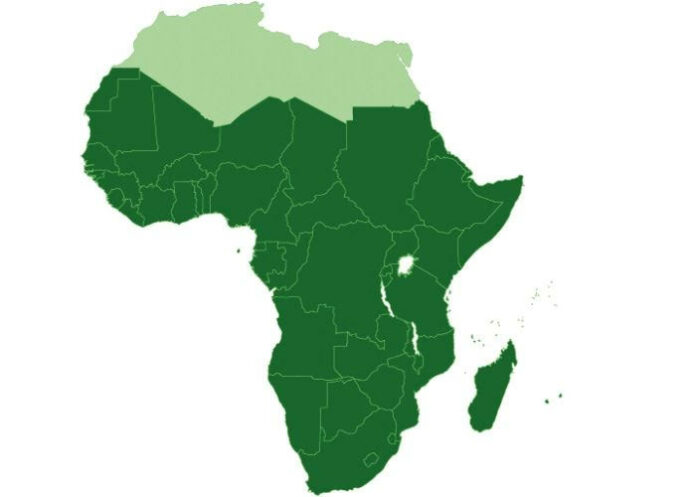Cancer researchers estimate that annual cancer deaths in sub-Saharan Africa could reach 1m by 2030, almost double those from 2020.
The research, published in The Lancet Oncology, looked at the prevalence and incidence of cancer in sub-Saharan Africa, recommended key actions, and highlighted case studies and successful models that could be emulated, adapted or improved to reduce the growing cancer crisis.
The study showed that about 4.2% of new global cancer cases occurred in sub-Saharan Africa in 2020, reports News24.
The researchers projected that by 2040, cancer incidence would double with more than 1.4m cases per year and that by 2050, half of the global childhood cancer cases would occur on the African continent.
Most common cancers
More women than men got cancer, they found, with breast and cervical cancers being the most common. In 2020, cervical cancer caused most cancer deaths and was the leading cause of cancer deaths in women in 27 countries. Women in sub-Saharan Africa have a 14% risk of developing cancer by the age of 75.
In data collected in 2020, prostate cancer was the leading cause of men’s cancer, with more than 77 300 cases in 40 countries.
How can the cancer crisis be averted?
The study authors noted that a lack of organised programmes, ineffective population outreach, fragmented service delivery, unavailable infrastructure and limited financial resources made it difficult to avert the looming cancer crisis. Furthermore, sub-Saharan African countries reported prevention programme participation rates of below 50% and, in some cases, below 10%.
Study details
Cancer in sub-Saharan Africa: a Lancet Oncology Commission
Wilfred Ngwa, Beatrice W Addai, Isaac Adewole, Victoria Ainsworth, James Alaro,
Olusegun I Alatise, et al
Published in The Lancet on 9 May 2022
Summary
In sub-Saharan Africa (SSA), urgent action is needed to curb a growing crisis in cancer incidence and mortality. Without rapid interventions, data estimates show a major increase in cancer mortality from 520 348 in 2020 to about 1 million deaths per year by 2030. Here, we detail the state of cancer in SSA, recommend key actions on the basis of analysis, and highlight case studies and successful models that can be emulated, adapted, or improved across the region to reduce the growing cancer crises. Recommended actions begin with the need to develop or update national cancer control plans in each country. Plans must include childhood cancer plans, managing comorbidities such as HIV and malnutrition, a reliable and predictable supply of medication, and the provision of psychosocial, supportive, and palliative care. Plans should also engage traditional, complementary, and alternative medical practices employed by more than 80% of SSA populations and pathways to reduce missed diagnoses and late referrals.
More substantial investment is needed in developing cancer registries and cancer diagnostics for core cancer tests. We show that investments in, and increased adoption of, some approaches used during the COVID-19 pandemic, such as hypofractionated radiotherapy and telehealth, can substantially increase access to cancer care in Africa, accelerate cancer prevention and control efforts, increase survival, and save billions of US dollars over the next decade. The involvement of African First Ladies in cancer prevention efforts represents one practical approach that should be amplified across SSA.
Moreover, investments in workforce training are crucial to prevent millions of avoidable deaths by 2030. We present a framework that can be used to strategically plan cancer research enhancement in SSA, with investments in research that can produce a return on investment and help drive policy and effective collaborations. Expansion of universal health coverage to incorporate cancer into essential benefits packages is also vital.
Implementation of the recommended actions in this Commission will be crucial for reducing the growing cancer crises in SSA and achieving political commitments to the UN Sustainable Development Goals to reduce premature mortality from non-communicable diseases by a third by 2030.
The Lancet article – Cancer in sub-Saharan Africa: a Lancet Oncology Commission (Open access)
See more from MedicalBrief archives:
Cancer-related lost productivity costing BRICS countries billions
Africa’s $100m Global Hope project to save paediatric cancer lives
High fibre African diet reduces colon cancer risk

